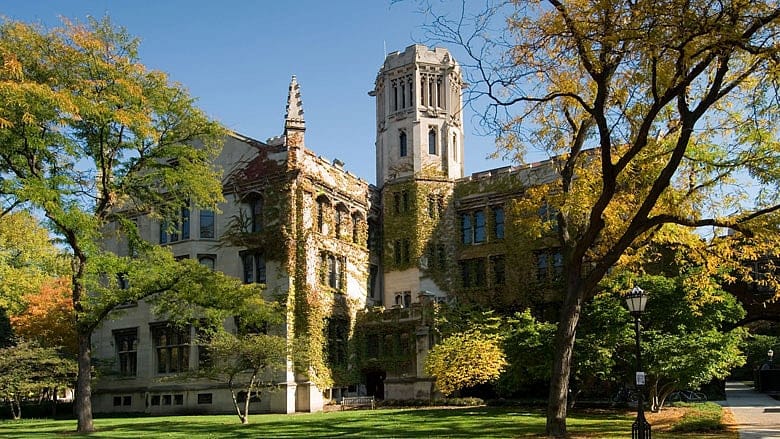The ‘Year of the Great Campus Pushback’?

Could 2016 be the Year of the Great Campus Pushback? Could this September be the moment that colleges and universities recover their pride and dignity and go back to being place of learning rather than intellectual "safety zones" for the coddled children of the comfortable? Stay tuned!
The warning salvo from the University of Chicago to incoming freshmen that "if they are looking for 'safe places,' they should go someplace else," has hit a nerve. For a half dozen years, campuses across the country have approved policies about "trigger-words," that might offend certain individuals or groups. So, too, against "micro-aggressions," such as saying to an African-American fellow student, "When I look at you, I don't see color."

